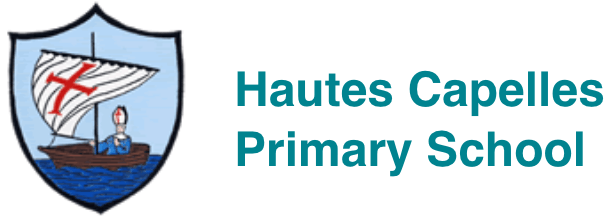Teaching and Learning
At Hautes Capelles we have tailored the PSHE Associations’ ‘Programme of Study’ to suit our pupils, school and community; giving careful consideration to our school ethos and aims and our pupils’ needs.
We follow the PSHE Associations’ three core themes: Health and Wellbeing; Relationships; and Living in the Wider World. Each year group covers content related to each theme every year, ensuring that a spiral programme is in place: one that revisits themes, gradually extending thinking, expanding knowledge and developing skills. We avoid, where possible, ‘one-off’, stand-alone sessions that will not be revisited, and instead make constant links to previous learning and experiences, and build upon these.
Where possible we make cross-curricular links between PSHE and other subjects; this is particularly true and relevant in English, Religious Education, Physical Education, History and Geography, with other content also linking to Maths, Science and Computing.
PSHE learning comes in many different forms: through whole-class teaching, group activities, individual tasks, assemblies, outside speakers, cross-curricular lessons and discrete lessons.
During PSHE sessions children are encouraged to both ask and answer questions, to deepen their knowledge and understanding. A great deal of time is spent considering scenarios and possible responses to them. Ground rules are set at the beginning of most lessons to ensure children can speak freely as they know they are in a safe, caring environment with their teacher and peers.
Assessment and Recording
PSHE learning is recorded in PSHE class books: these books contain a range of evidence of the children’s learning, which can include –but is not limited to- mind maps (pre and post learning); children’s verbal or written comments; photographic evidence of activities and experiences and drawings.
Teachers assess children’s knowledge, understanding and skills in PSHE by making observations of children’s comments during lessons. As part of our assessment for learning process, children will receive verbal feedback from both peers and teacher in order to aid progress in the subject.
Inclusion
Lessons and activities are planned to include all children by using a range of approaches. This includes: questioning, use of resources, and mixed ability grouping to enable children to offer peer support. Lessons are planned to facilitate the best possible outcome for all children within the class.
